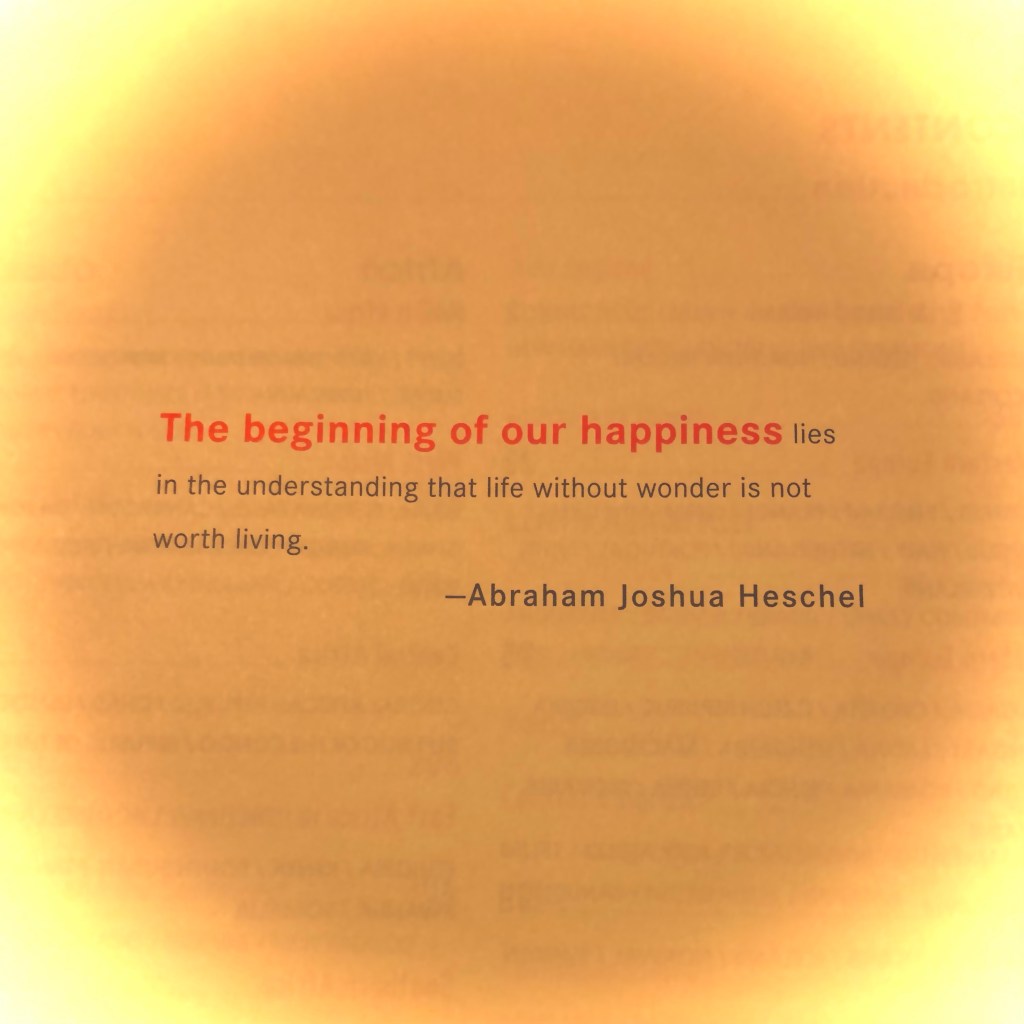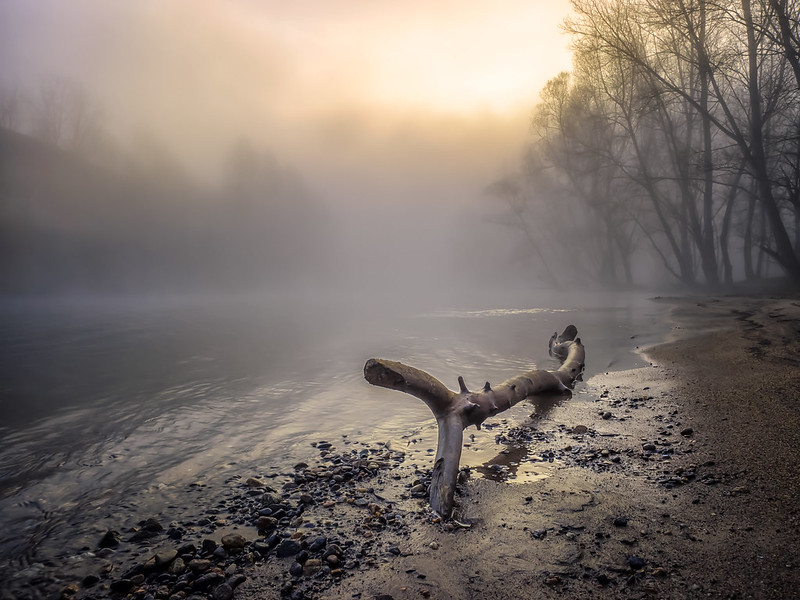
“The beginning of our happiness lies in the understanding that life without wonder is not worth living.” -Abraham Joshua Heschel
Epigraph in Atlas Obscura: An Explorer’s Guide to the World’s Hidden Wonders
(Foer, Thuras, & Morton).
On the first week back to school after the holidays, I spent time covering classes and duties for colleagues who are out due to COVID protocols. I arrived on campus each day not knowing what I’d be called on to do. This has been the pattern for the whole school year thus far, in fact, and it may continue until June…
But I am not going to focus on the intensified daily juggling act.
I will concentrate on the unexpected moments of light…such as when a colleague told me that my iPhone could understand spoken Harry Potter spells.
This I had to see for myself.
Hey, Siri: Lumos...and my flashlight came on. (Lumos is the spell that makes wands and lamps light up in the books in and movies, for those who don’t know).
Hey, Siri: Nox…and my flashlight turned off.
Hey, Siri: Accio Twitter…and my Twitter app opened up in my phone.
Tell me this is not a great wonder, technology.
Furthermore, the knowledge came in handy when I filled in for quarantined teachers in upper grades. I demonstrated the “magic” and wowed the kids.
That’s the thing about wonders…you want to share them. Wonders are not meant to be contained. They are contagious. They are forever beckoning and burgeoning.
So maybe the magic of Siri understanding Harry Potter is a small thing.
Maybe a greater wonder is finding the right book to inspire a reluctant reader. This past week it was not Harry Potter but books about children with physical limitations and differences who face extreme challenges. Out of My Mind by Sharon Draper. And, of course, Wonder by R.J. Palacio. They grip you from the start…
I pause to reflect here on all the wonder wrought by books in my own life. I feel the covers tingling with magic whenever I pick them up (maybe it’s just my anticipation).
Last week I watched the wonder on kids’ faces as they learned how a prism or raindrop separates light into colors. I watched in wonder as two students known for behavior issues stayed on task to complete their assignments when they were allowed to work together.
I thought, randomly, about the fireworks that went off in the distance on New Year’s Eve. My six-year-old granddaughter was spending the night. My husband and I allowed her to stay up. She heard the booming of the fireworks at midnight and wanted to see them. We went out on the back deck, but fog and trees obscured our view.
I’ve never gotten to see fireworks, said my granddaughter.
One day you will, I told her.
I like the sound of them. It makes me feel calm.
That filled me with wonder…I have never heard anyone express that about the sound of fireworks. Least of all a child.
Maybe the calmness has not so much to do with the sound but the place and the sense of safety…these are linked in their way to wonder. The unexpected, the new, a bit of uncertainty but also an embracing. The opening Heschel quote encapsulates it well: The beginning of our happiness lies in the understanding that life without wonder is not worth living.
Like a bright, beckoning burst suddenly illuminating a moment, a mind, a spirit.
Do you remember spending last New Year’s Eve with us, too? my husband asked our granddaughter.
Oh yeah! Can I stay here next year, too? And the one after that?
Sure you can! You can stay every New Year’s Eve if you want.
Even when I am fifty-nine?
Yes, even when you are fifty-nine.
Wonders upon wonders await.
Of this, I am sure.
*******
with thanks to Two Writing Teachers for the Tuesday Slice of Life Story Challenge and the wondrous community of writers.









